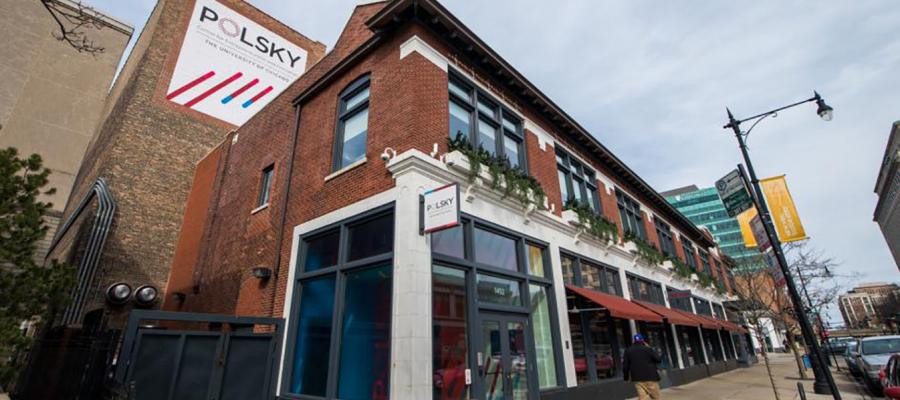Speakers Michael Ledeen, freedom fellow at the American Enterprise Institute, Chicago Sun-Times columnist Mark Steyn, and Mehdi Khalaji, a visiting fellow at The Washington Institute, participated in a panel discussion entitled “Iran and the Bomb: Stability vs. Sovereignty” last Tuesday. Chicago Friends of Israel (CFI) held the event.
Ledeen started by recounting Iran’s past and current role in funding terrorism.
“Everything about Iran’s role in terrorism has been known for years,” Ledeen said. This role, according to him, stems from the original declaration of war against America made at the Islamic republic’s inception.
Ledeen added that the declaration of war has largely been overlooked in the United States. Iran’s nuclear program serves to “attract U.S. attention,” Ledeen said, lending legitimacy to one of Iran’s primary claims to authority.
Ledeen also called Iran “a textbook case for a democratic revolution,” because other countries seemingly less suitable for democracy have undergone radical democratizations, while Iran has not.
Mehdi Khalaji’s remarks echoed Ledeen’s attitude toward Iran’s democratic potential. Khalaji, who studied Iranian Shiism until 2000 when he joined the BBC Persian Service, said that the regime has become a “military and security system” and lost “its religious and revolutionary legitimacy.”
The quality of leadership has decayed to such a degree that, as Khalaji explained, “grotesque mediocrity has become a hero.” He specifically singled out Iran’s current president Mahmoud Ahmedinejad as having established “an empire of fear.”
Steyn weighed in directly on the two themes of the talks: stability and sovereignty. Steyn said that stability “tends to favor the authoritarian state rather than the democracy,” adding that peace has kept the Middle East “frozen” while democracies undergo dramatic changes. The sovereignty argument is also irrelevant, Steyn said, as Iranian support of terrorism has long violated the concept of sovereignty.
A question-and-answer session was briefly interrupted when an audience member identifying himself as a student addressed Michael Ledeen with claims that the panelist had associated with “a Jewish spy” and “wanted violence” in the Middle East. Ledeen took the podium to refute the charges, calling the student “an ignoramus.”
In spite of calls from the audience to be seated and be quiet, the student continued his accusations until Charles Lipson, CFI faculty sponsor and political science professor at the University, asked a U of C Police Department officer on guard outside the auditorium to escort the resister off the premises.
Despite the outburst, the panelists continued to field questions from the audience, reflecting on Iran’s role with regard to Israel.
The panelists agreed that it would be to Israel’s detriment to intervene with Iran’s affairs unilaterally. Steyn pointed out that Israel should not carry that burden, adding that “we would suffer if Israel took action if there was no other American component.”
Mehdi Khalaji gave his take on the impact of an Israeli intervention in the Islamic world. “An Israeli attack would leave a huge impact on the Islamic memory,” he said.
The discussion was co-sponsored by Student Government Finance Committee, Newberger Hillel, Jewish Community Relations Council, the Foundation for the Defense of Democracies, and the Hillel Grinspoon Quick Turn-Around Grant.









